Introduction
Goat cheese, popularly known by its French name “chevre,” is a delicious cheese made of goat milk and is available in both soft fresh and hard aged varieties. However, its suitability for dogs is somewhat controversial.
While not directly toxic to dogs, goat cheese does contain potentially harmful nutrients. Therefore, it is best to assume that dogs can eat goat cheese in extremely rare situations and tiny amounts unless lactose intolerant.
Why Is Goat Cheese Good for Dogs?
Saying that goat cheese is suitable for dogs would be talking in hyperbole. Although rich in several healthy nutrients, cheese is not their only source, and dogs can obtain them from other, more specie-appropriate foods. Here are some of the pros of giving your dog goat cheese.
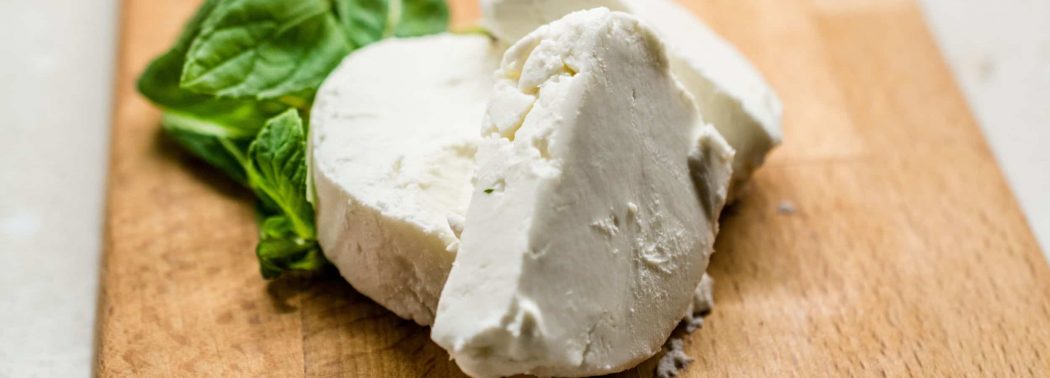
Animal-Sourced Proteins
It is no secret that dairy products contain a significant amount of protein. Dogs need animal-sourced proteins in their diets for normal growth and maintenance.
Healthy Fatty Acids
Goat cheese is rich in medium-chain fatty acids (MCFAs) – caprylic acid and caproic acid. These fatty acids are easily digestible and support proper fat metabolisms thus do not contribute to weight gain.
Vitamins and Minerals
Goat cheese contains several vitamins and minerals. It is a good source of B-complex vitamins and minerals like calcium, phosphorus, and magnesium.
Sneaking Pills
When it comes to dogs and cheeses, there is only one objectively accepted use – hiding pills and smelly meds. Goat cheese makes the perfect pill pocket as it efficiently masks the med’s presence – both taste and smell. Plus, if your dog is used to receiving occasional cheese treats, it will not see the pill coming.
Can Goat Cheese be Bad for Dogs?
Yes, goat cheese can definitely be bad for dogs, especially if overfeed – given either too often or in large serving portions.
The truth is, the cons and potential risks of goat cheese for dogs outweigh the pros and benefits. Let’s see why goat cheese does not fit the profile of a dog-friendly food.
Lactose Intolerance
There is a widespread misbelief that goat milk and goat products are low in lactose. This is not true – goat milk contains just as much lactose as cow milk. In practical terms, this means that goat cheese is not a good choice for lactose intolerant canines.
High Salt Content
Goat cheese is a heavily salted food. In small amounts, salt is a good nutrient but when fed in excess it can trigger salt poisoning.
Too Much Saturated Fats
We already mentioned that goat cheese is rich in healthy fatty acids. Sadly, it is also rich in saturated fats, also known as the bad type of fats. Excessive consumption of saturated fats may cause pancreatitis – a very painful and potentially life-threatening inflammation of the pancreas.
The Casein Issue
Like all dairy products, goat cheese contains milk proteins. The main milk protein called casein is a known carcinogen – it has pro-inflammatory features and supports all cancer stages. Plus, it is addictive, meaning the more it is consumed, the more intense cravings it triggers.
Weight Gain and Obesity
Basically, any food can lead to obesity if consumed in significant amounts. And when it comes to goat cheese, the pounds will add up quickly. Keep in mind that obesity increases the risk of many health issues.
How Much Goat Cheese Can my Dog Eat?
The ideal goat cheese portion for dogs is one bite-sized chunk (obviously, the chunk will be larger for bigger dogs like Cane Corsos and smaller for tinier pups like Bichon Frises).
As for serving frequency, giving your dog goat cheese once per week is more than enough. Keep in mind that dogs do not benefit greatly from the nutritional makeup of goat cheese, so there is no need for more frequent serving.
If your dog is still a young puppy, do not experiment with goat cheese or any other human food. Just stick to the puppy formula. Puppies have specific dietary needs and very sensitive tummies (and goat cheese is more than they can handle).
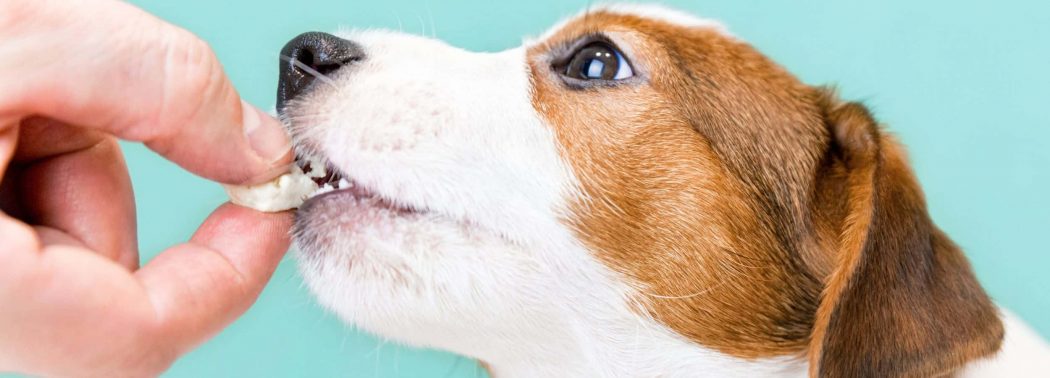
How to Prepare and Serve Goat Cheese for Your Dog?
While there are fat better dog treat alternatives to goat cheese if you insist on including this dairy product, make sure you do it safely – using the right goat cheese product and serving it in allowed amounts and frequency.
First of all, you need to choose plain goat cheese – no flavoring, no coating, no added herbs, and spices. If possible, it is always a good idea to get organic cheese made using milk from grass-fed and free-grazing goats.
Once you have the cheese at home, it is serving time. Depending on your dog’s keenness on chewing, it might be a good idea to chop the goat cheese chunk into small pieces. That way, the cheesy and savory experience will last more.
Instead of giving your dog the goat cheese chunk as a treat, you can mix it with other dog-friendly ingredients and bake it into homemade cookies. Alternatively, you can blend it with boiled carrots and use the mix as a tasty food topper.
Frequently Asked Questions
No, dogs must not eat flavored goat cheese. Some of the ingredients used as flavor enrichment are straightforward toxic to dogs, while others are likely to cause digestive upset. Not to mention the build-up of empty calories.
Dogs should not eat frozen goat cheese or any other frozen food. Dogs may sustain teeth fractures or other oral injuries despite having powerful teeth if munching on frozen cheese. Plus, not all seasons allow enjoying frozen treats.
Summary
To sum up, goat cheese is not directly toxic to dogs, but it is not quite health-boosting either. Therefore, we classify goat cheese as a sometimes snack for dogs.
It can be defined as a tasty but empty-calorie when served in small amounts but potentially dangerous food when given in excess. The bottom line, as with most human foods, moderation is what makes the difference.
Sources
- Casein and Cancer, Margarita Restrepo, 2017
- Role of Dietary Fatty Acids in Dogs & Cats, Catherine E. Lenox, 2020
- Pancreatitis in dogs and cats: definitions and pathophysiology, P Watson, 2015
- Obesity in Pets – One Health and Animal Welfare Considerations, Shane Ryan, 2018
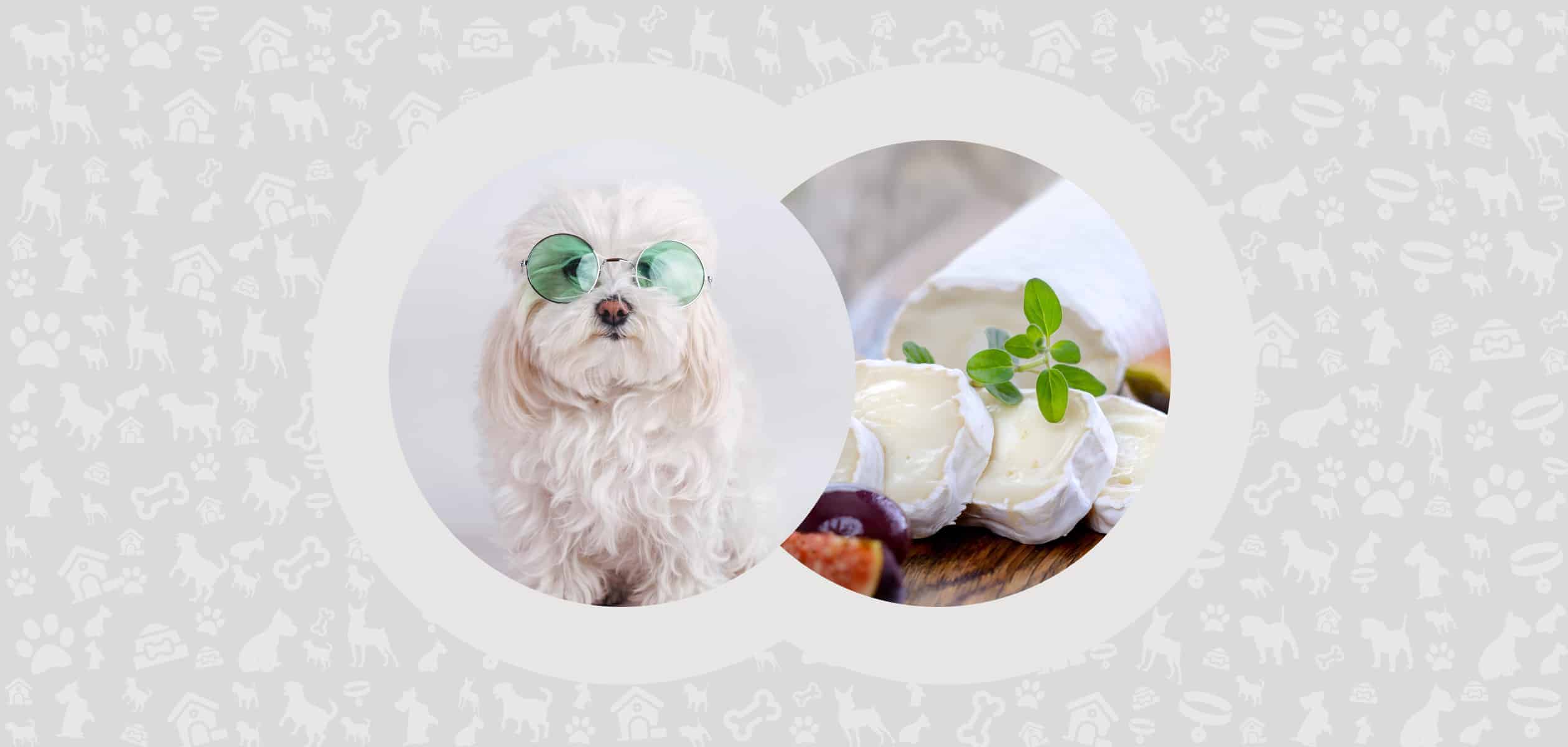
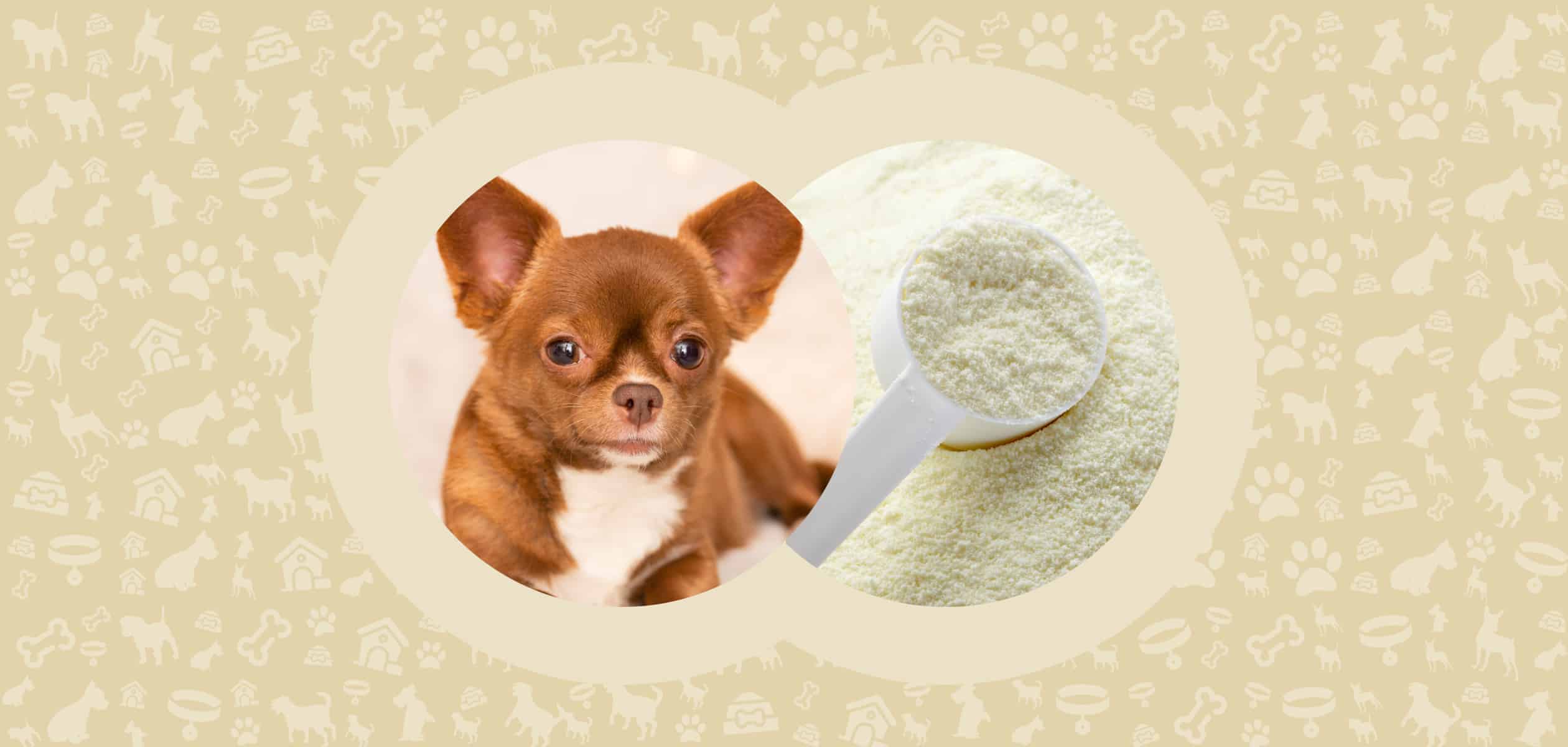
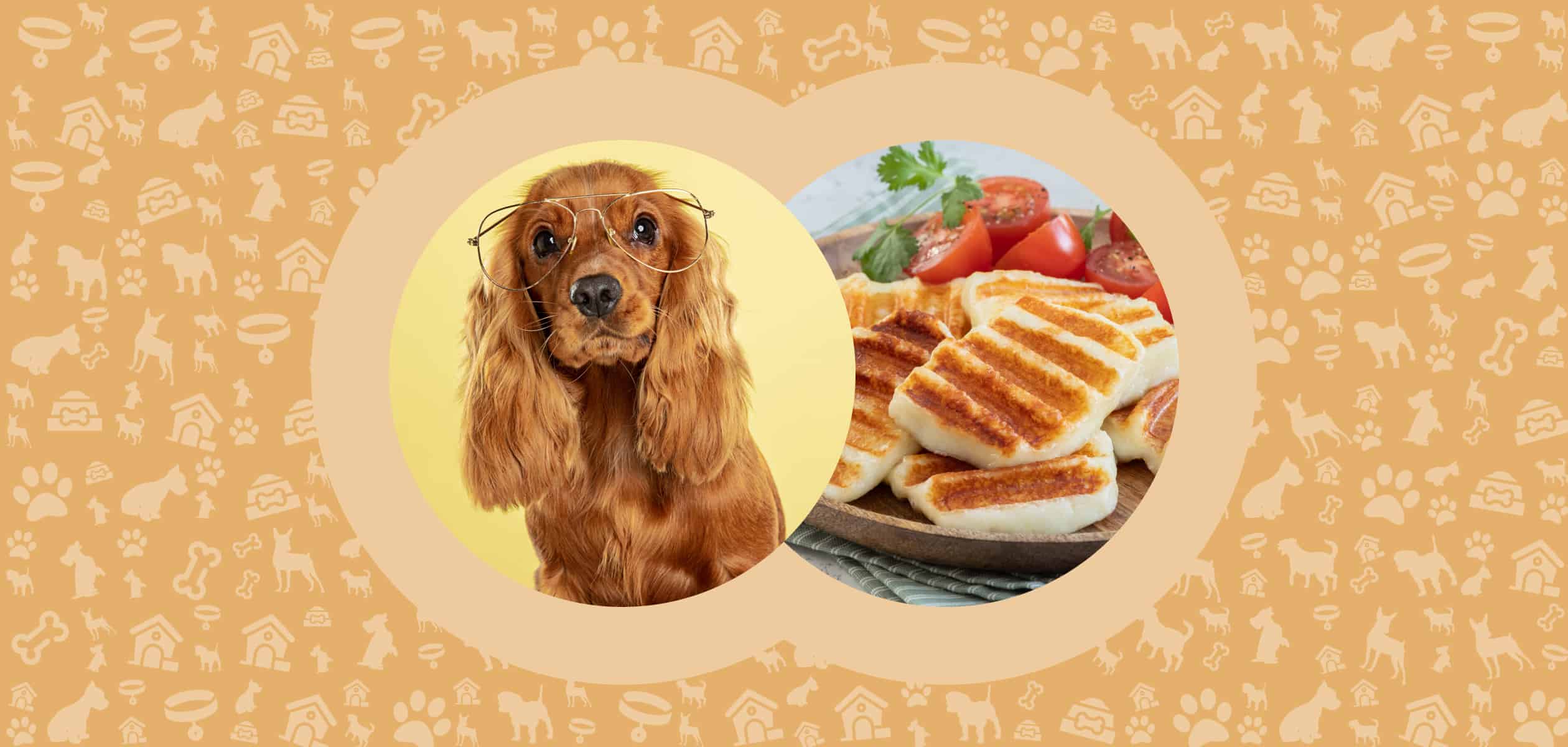
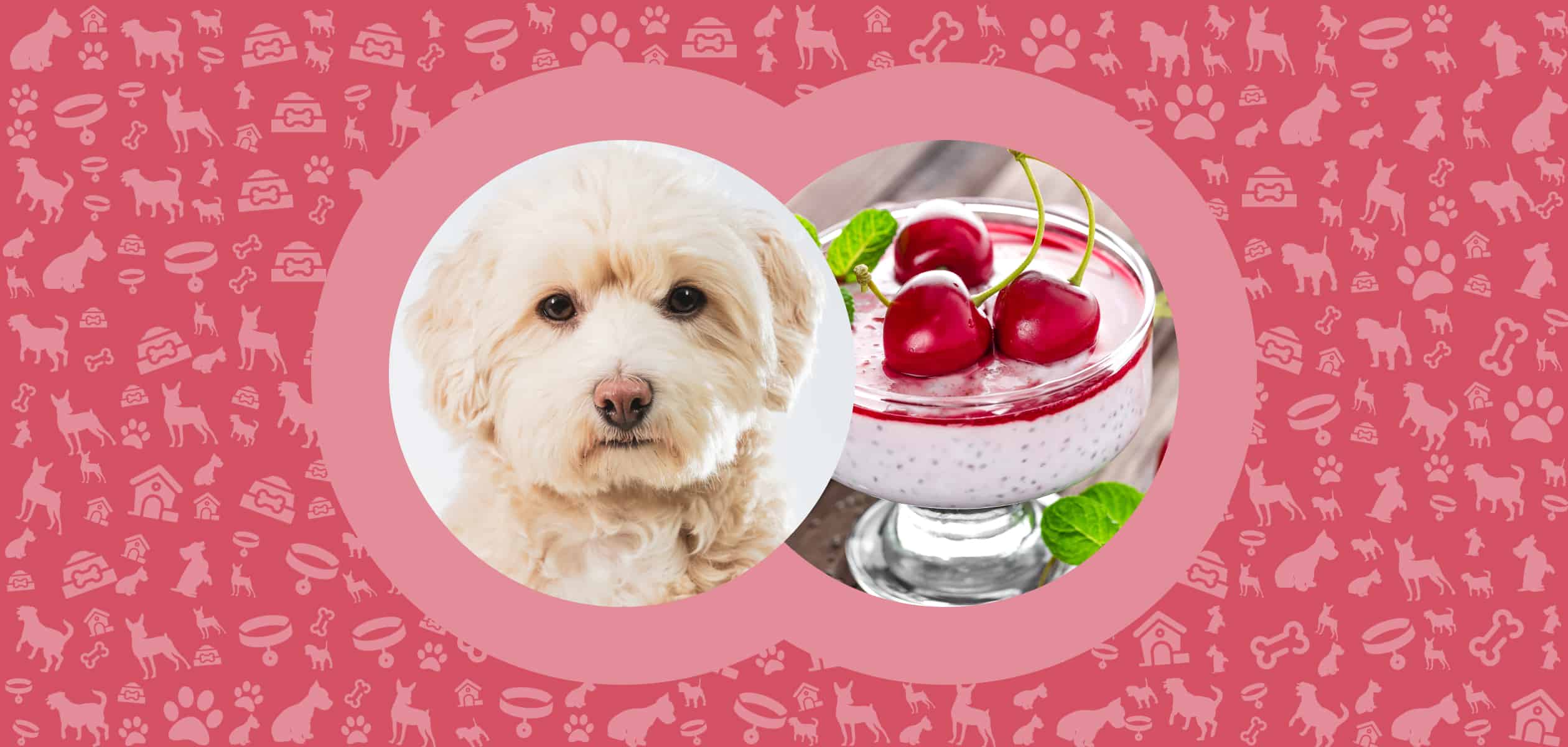
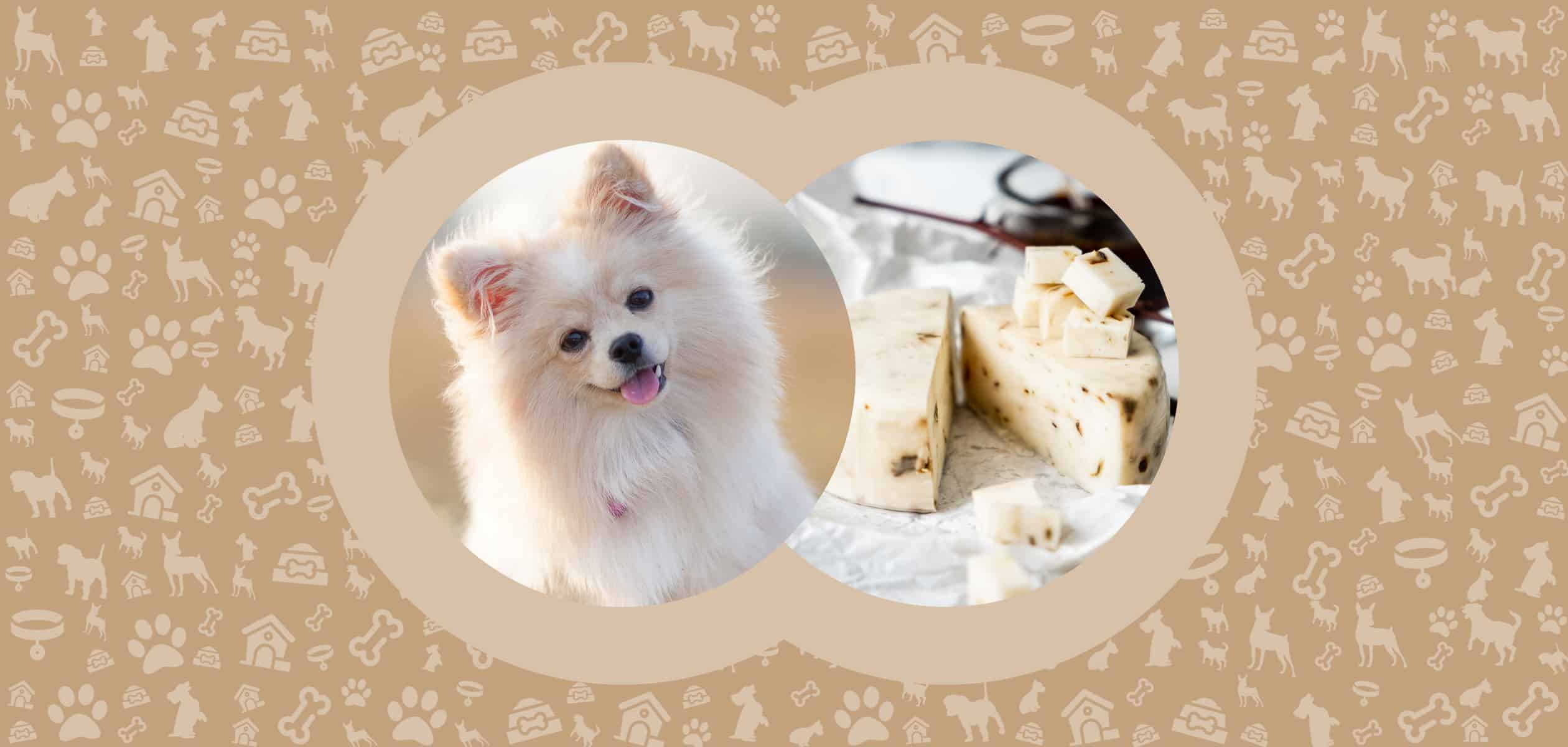
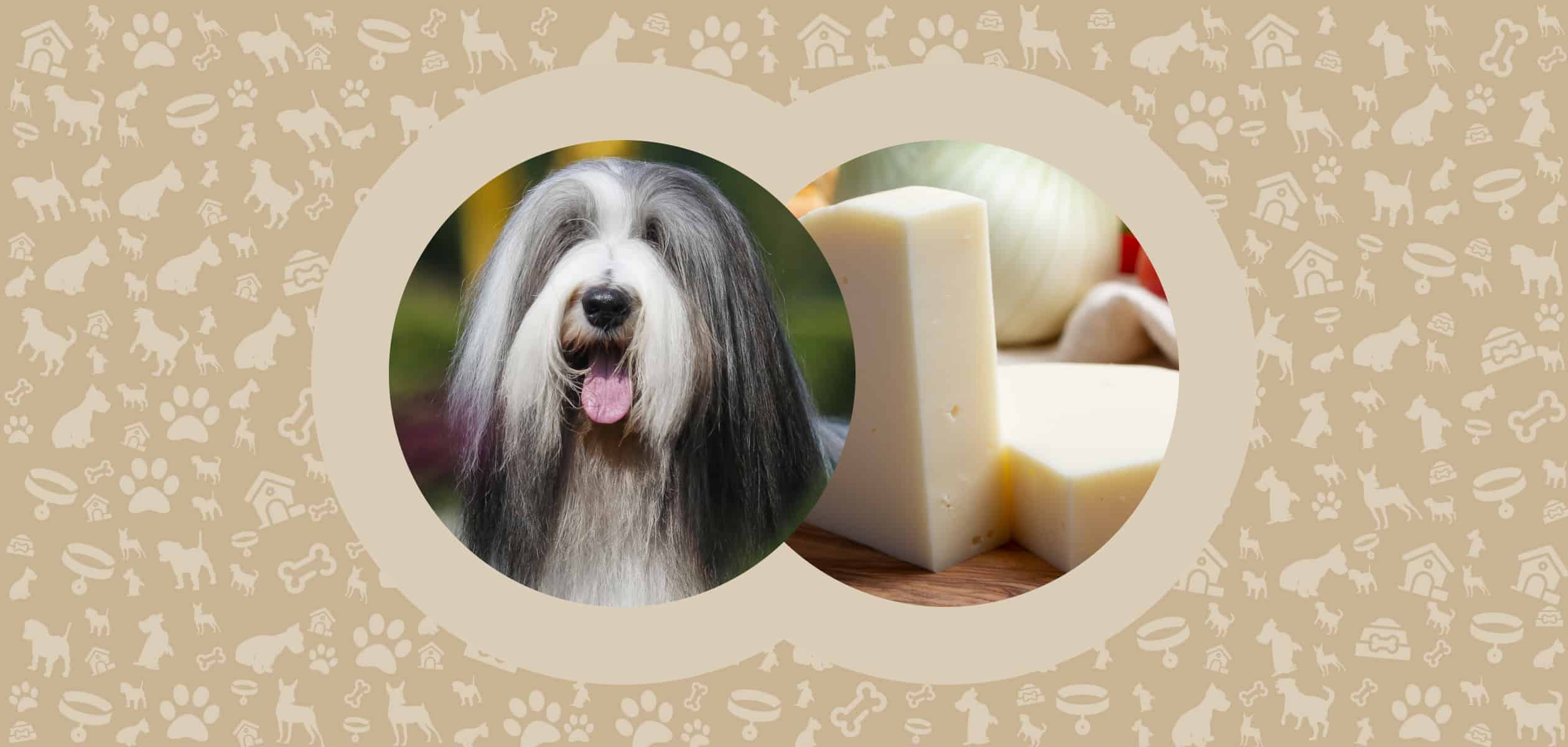
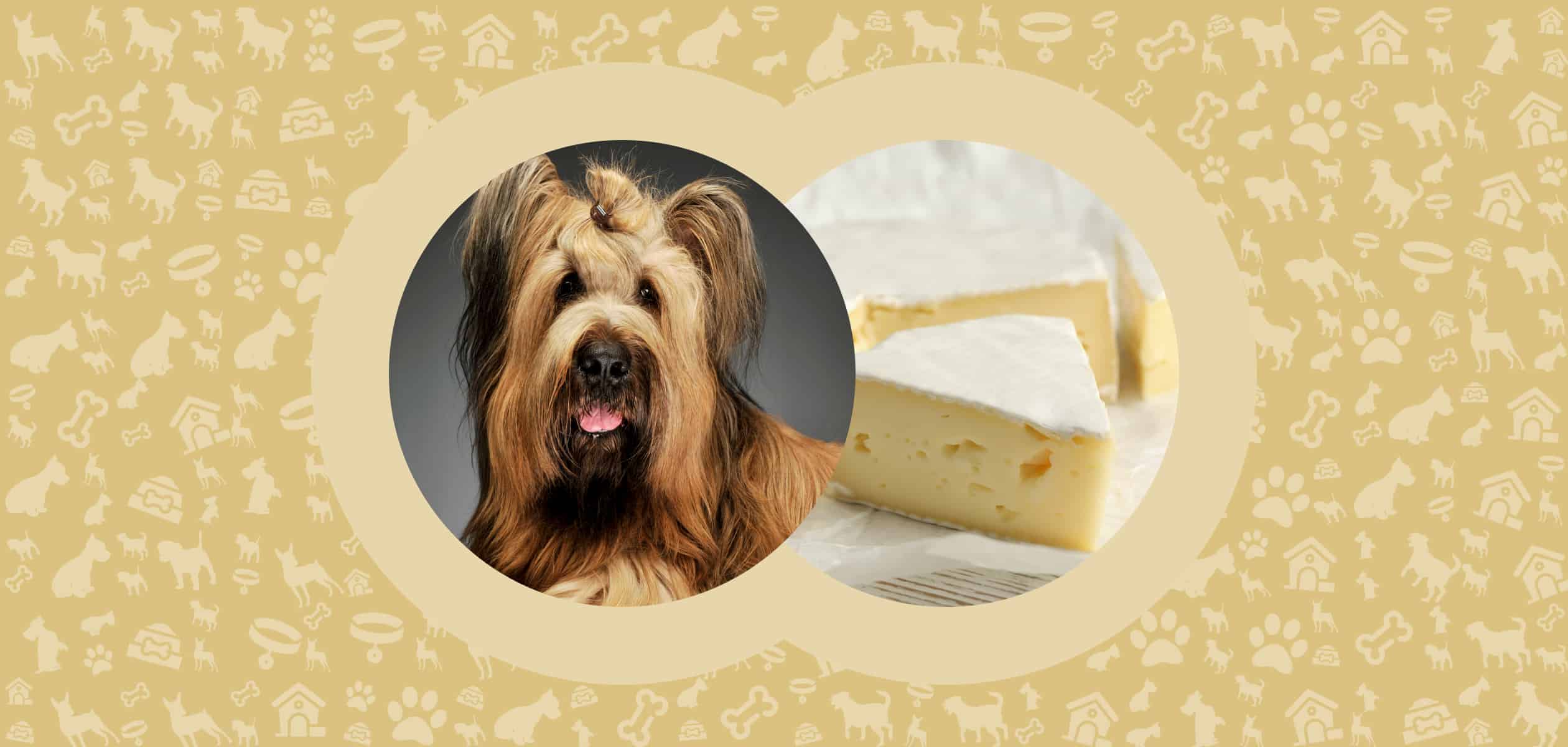
Leave a Comment